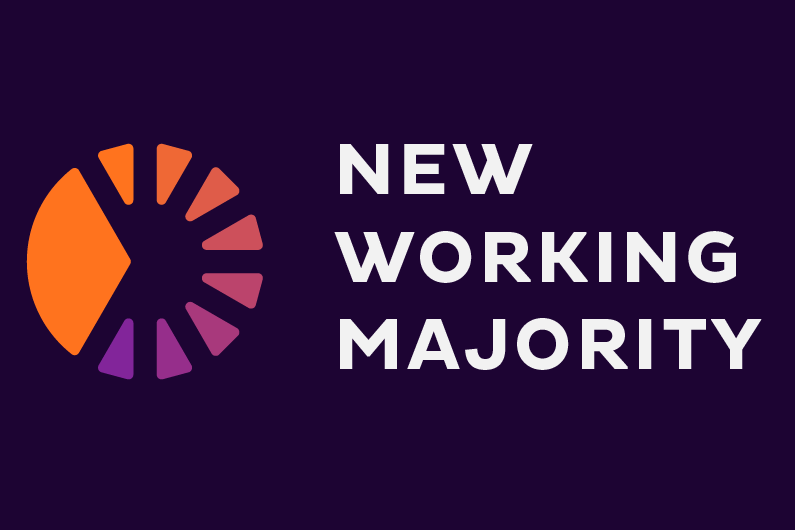7 Tips for Hiring in 2024
Tips for grassroots and small nonprofits organizations
2024 is going to be a busy year and so is your hiring! So we created a quick list of tips to make your hiring process smoother and starting a little bit easier. At New Working Majority our staff has over 30 years' experience in hiring, and has overseen hundreds of hires.
1. Review your ratings!
Something most people don’t think about when starting to search for someone to add to their team is their reviews on various websites. We suggest even before you post that new job to go through those Indeed and Glassdoor reviews. Go where the candidates are going and see what they’re seeing. This may even shed some light on why you might be having vacancies or a hard time finding candidates in general. If you have bad reviews or low scores, consider asking previous employees who left on positive terms to leave reviews as well. The loudest voices are often the ones that are angry and want the world to know. It can feel disheartening reading negative reviews but it is something you should do regularly.
2. Create a timeline
Create a timeline, create a timeline, create a timeline! This is super important, while this doesn’t have to be super detailed or strict. It will help you immensely! Job seekers will often ask at the end of a phone screening, what else remains in the interview process. Being able to give them an estimate or idea will not only save you time by not having to answer follow-up emails and calls but it gives the candidates confidence that this is a hire you are wanting to make.
3. Audit your job description
You are trying to attract the right people for the right job. You are going to want to make sure everything makes sense. Does the salary match the years of experience you are requiring? Does this role honestly require a degree? Does the job title reflect the level of expertise the person has? These are a few questions you want to ask when reviewing the job description. You will also want to make sure you have the salary range listed on the job description, in some states this is a requirement but it also saves you and possible candidates time.
4. Reimagine the interview process
In general most entry-level jobs don’t need a long process. We suggest for most positions a 2-3 step process. A phone screening around 15-30 minutes to gauge if the resume matches the person and understand if this would be a generally good fit for your team. Then a first round interview, typically with the hiring manager and/or potentially other future colleagues on a hiring panel.
And the third and final step is where you want them to meet with the Executive Director. These are usually a bit harder to schedule and are best left for last and for the 1-3 people you are thinking about offering the position to. If you believe a role needs a test or writing assessment, place that between the first and second interview. Again most positions in my opinion do not need these and should be limited to upper management and director level positions. When structuring the timeline for a task to be completed, you will want to give each candidate not only an appropriate amount of time to complete it but also guarantee that candidates all receive the same hourly total. An ideal time frame could involve assigning the task on Thursday afternoon with a due date and time of Monday afternoon. Depending on the scope and difficulty of the task consider paying applicants a stipend for completing this stage of the process.
5. Block out time
This goes hand in hand with creating a timeline and thinking about the interview process. Have your hiring panel come together before even having the job posted to find a day and time they are able to block out specifically for interviews. Think back to the last time you and a coworker tried to find an hour to meet, now imagine doing this with two other people and a candidate the week before. It becomes nearly impossible and either someone can’t make it or you're looking 2-3 weeks out and now you’ve lost a possible great candidate. Blocking out time in calendars puts that hold and shows you are committed to finding that next great addition to your team.
6. Communicate with Candidates
This is one of the biggest complaints job seekers have. They apply and never hear back or have an interview and never hear back. It’s discouraging and disheartening to candidates and it may lead to losing the person for a future role. They may not be right for the current one but in the future there could be something perfect for them or they found new skills but because you did not follow up they no longer want to work with you or your company.
7. Think about Hiring a Recruitment Firm
2024 is going to be a busy year, and sometimes the best way to do something is to outsource it. Hiring a recruitment firm means you can focus on other tasks that are just as important. Recruitment firms are around to help ease the load. If you are thinking about next steps or have questions on the process, schedule a free consultation with New Working Majority here.
